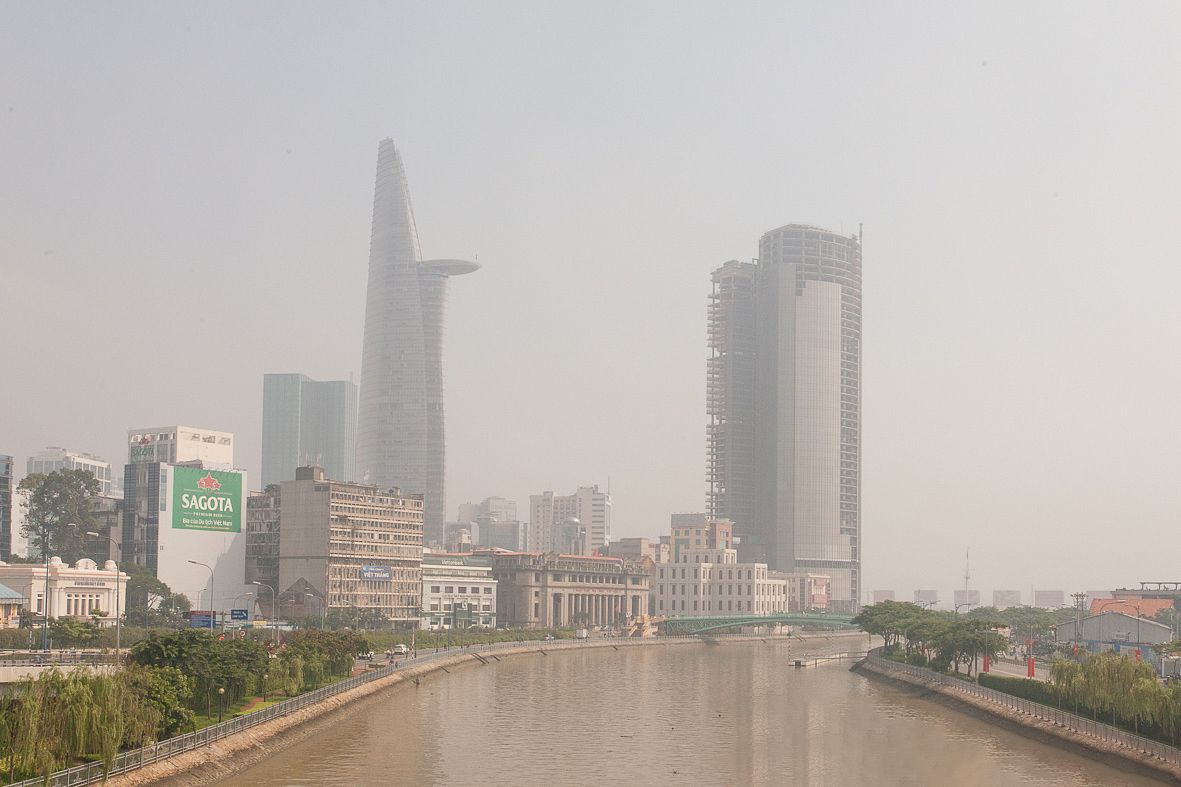According to a new report by Vietnam's National Center for Socio-Economic Information and Forecast (NCIF), the country's economic growth is being hindered by a host of environmental hiccups, including air pollution and the lack of waste management at industrial zones.
Dang Duc Anh, head of the Forecast and Evaluation Department, told VnExpress that both natural and manmade environmental problems will take 0.6% off Vietnam’s annual GDP from now until 2020. He added that unless there are policies to increase public awareness of climate change and encourage local businesses to protect the environment, sustainable development is out of reach for the country.
In the realm of environmental protection, 2016 was one of Vietnam's worst years in recent history. Last April, Taiwanese firm Formosa made national headlines for dumping untreated industrial waste into the sea, causing an estimated 70 tons of dead fish to wash ashore over more than 200 kilometers of the coastline in Central Vietnam.
Apart from the marine disaster, which affected five separate provinces, major urban hubs like Saigon and Hanoi also continue to suffer from severe airborne pollution. This is because Vietnam’s industrial zones still rely heavily on the exploitation of natural resources and low-tech assembly to amass growth.
Each year, 44,000 Vietnamese die due to air pollution, according to research by the World Health Organization. Many others are afflicted with respiratory problems, as the air they breathe on a daily basis is chock-full of smog and fine particulate matter.
Tran Dinh Thien, director of the Vietnam Economic Institute, shared with the news source that by prioritizing energy-saving industries, Vietnam’s economic growth might have a better outlook in future.














